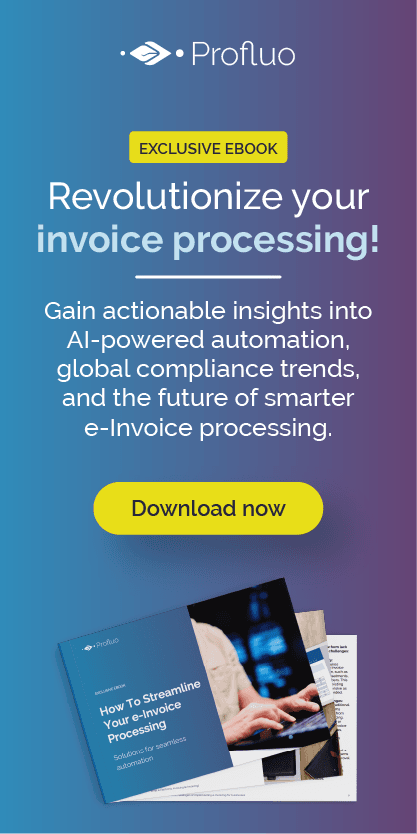In today’s fast-paced financial landscape, artificial intelligence has evolved from a buzzword to a transformative force reshaping how organizations operate. As we enter 2025, AI in finance is driving substantial gains in efficiency, accuracy, and strategic impact, positioning finance teams at the forefront of technological innovation.
Read more about: The role of agentic workflows in Intelligent Invoice Processing
The AI revolution in finance
AI is changing finance in three key areas:
- Document understanding automation: Advanced AI models go beyond basic data extraction to perform complex mathematical reasoning and validate intricate entity relationships. This capability empowers finance teams to design their own AI-driven workflows, enhancing productivity and reducing manual workload.
- Advanced data analysis: The latest AI systems achieve up to 90% human accuracy in analyzing complex data patterns within unstructured finance documents. This high level of precision is essential for automating processes like invoice handling and financial reporting.
- Enhanced user interactions: AI-powered tools offer a seamless, concierge-like experience, streamlining finance operations and reducing the need for hands-on management, allowing finance professionals to focus on more strategic tasks
AI’s role in finance transformation
AI is well-positioned to address the top priorities for CFOs in 2025 including compliance, technology transformation, and cost optimization. Here’s how:
- Enhanced compliance: AI-driven solutions help navigate and ensure adherence to evolving regulations, such as e-Invoicing and complex reporting standards like SAF-T and ViDA in the EU.
- Cost optimization: By automating routine processes, AI reduces processing costs and complements human expertise, helping finance teams manage talent shortages in critical areas.
- Technology-driven growth: AI allows finance teams to decouple overhead costs from revenue growth, supporting sustainable and profitable expansion.
Key advantages of AI in finance
The integration of AI brings several key benefits:
- Fast time-to-value: Solutions like Profluo offer instant deployment and quick adaptation to specific use cases, with pre-configured ERP connectors for seamless integration.
- Enhanced efficiency: AI can process invoices 20 times faster than traditional methods, often at a fraction of the cost.
- Exceptional accuracy: With extraction accuracy rates between 95% and 100%, AI ensures dependable data for financial analysis and reporting.
How AI enhances finance workflows
AI-driven workflows in finance involve a series of refined steps:
- Loading and organizing documents: AI organizes documents from multiple sources (PDF, JPG, XML, JSON) into workflows via various channels like email, sFTP, AS2, and API.
- Data extraction and correction: Using machine learning, AI can extract information from both optical and electronic formats, adapting to different languages and character sets.
- Line-item accounting: AI accurately handles detailed accounting tasks across inventory, finance, statutory, and control processes.
- Custom workflows: AI enables tailored workflows with confidentiality filters, approval processes, automated reporting, and notifications.
- Seamless ERP integration: Fully accounted documents are seamlessly imported into ERP systems, completing the workflow.
Real-world impact of AI in finance
The adoption of AI in finance is rapidly growing. According to a recent Gartner survey, 58% of finance functions are actively using AI, a significant increase from last year. AI is now widely used for intelligent process automation, anomaly detection, advanced analytics, and operational support.
AI is more than a tool for enhancing finance – it’s a catalyst for transformation. By integrating AI, finance teams can achieve unparalleled efficiency, accuracy, and strategic advantage, paving the way for sustained innovation and growth.
For more on how AI can revolutionize your finance processes, set up a discovery meeting with our consultants!







